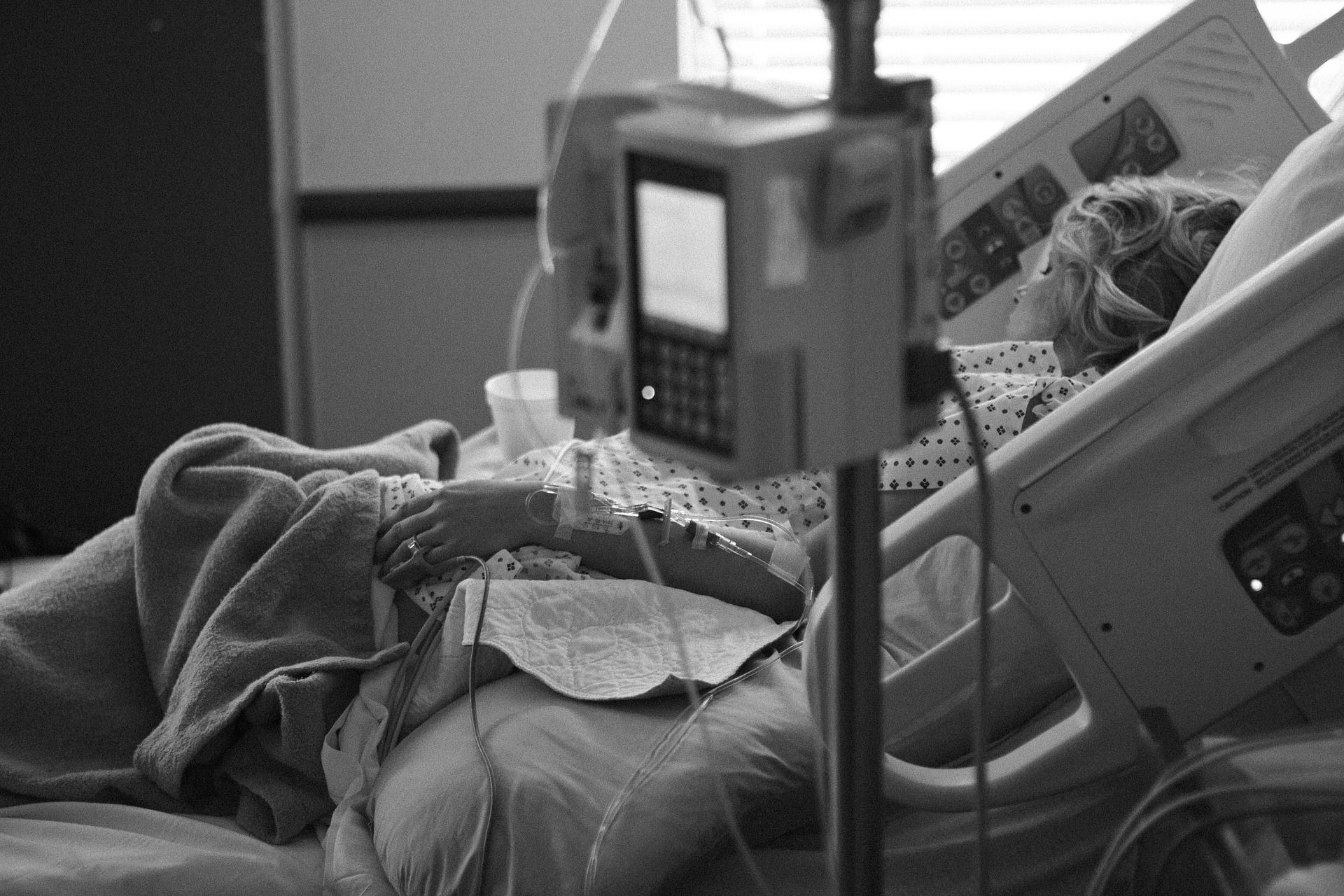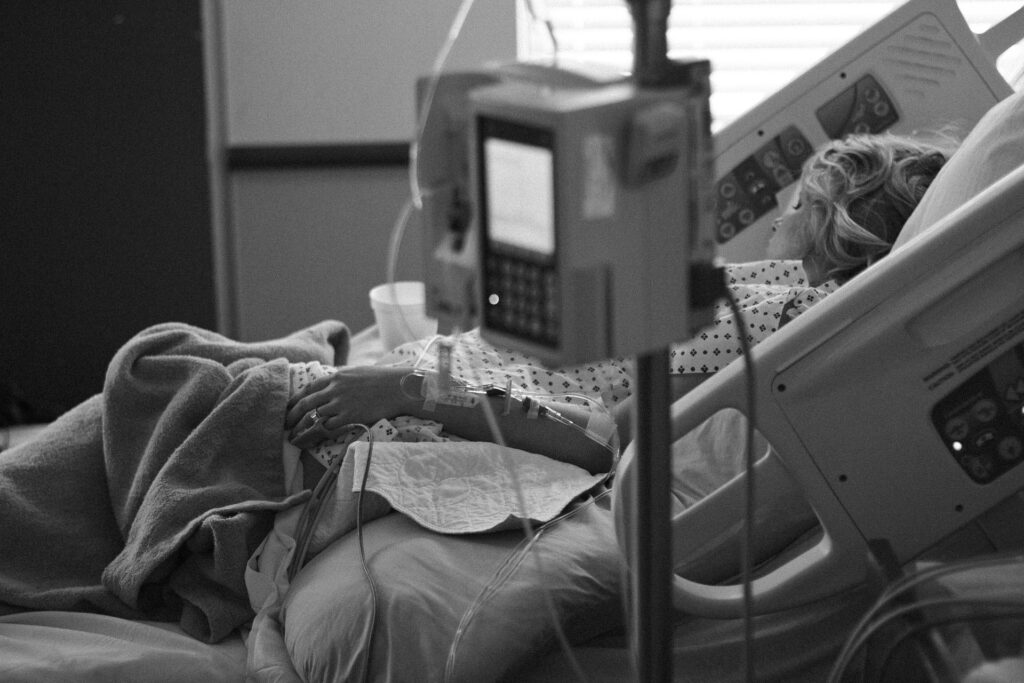A study surveyed patients who had severe COVID-19 and were discharged to LTACHs found two-thirds (64%) of patients had remaining impairments.

Patients who suffer severe COVID-19 and need to be hospitalized can often be transferred from acute care hospitals to long-term acute care hospitals (LTACHs) to continue their convalesce. In a new study, findings suggest this convalesce can take much longer and have patients continue to have lingering symptoms and health issues.
A study surveyed patients who had severe COVID-19 and were discharged to LTACHs. In their findings, two-thirds (64%) of patients had remaining impairments, including physical (57%), respiratory (49%), psychiatric (24%), and cognitive (15%) 1 year later after their hospitalization. And 47%, had more than 1 type of health issue. Nineteen percent continued to need supplemental oxygen.1
“Participants described protracted recovery, attributing improvements to exercise/rehabilitation, support, and time. While considered life-altering with 78.7% not returning to their usual health, participants expressed gratitude for recovering; 99% returned home, and 60% of previously employed individuals returned to work,” the investigators wrote.1
The study’s results were published in a recent edition of Critical Care Medicine.
Study Specifics and Clinical Context
The investigators surveyed hospitalized English-speaking adults who were transferred to 1 of 9 LTACHs between March 2020 and February 2021. The survey respondents were from Nebraska, Texas, Georgia, Kentucky, and Connecticut. The investigators questioned them by telephone or online a year after their hospitalization. The average total length of stay in the hospital and the LTACH for the group was about 2 months.1
The study revealed the life-altering impact of the virus on these patients, the majority of whom had to be placed on mechanical ventilators for an average of 1 month. Too sick to be discharged to a skilled nursing home or rehabilitation facility, these patients were transferred to LTACHs. These hospitals specialize in weaning patients off ventilators and providing rehabilitation care, and they were a crucial part of the pandemic response.
What You Need to Know
The study found that a significant portion of patients discharged to LTACHs after severe COVID-19 experienced lingering health issues even one year after hospitalization.
Patients described their recovery as prolonged, attributing improvements to exercise/rehabilitation, support, and time.
The study emphasizes the importance of multidisciplinary rehabilitation in addressing the long-lasting impairments observed in survivors of severe COVID-19.
The average age of participants was 65, and most said they had been healthy before contracting COVID-19. Although it was a very small study that included 156 participants, it points to the very real public health challenges that remain and can linger for senior patients with severe COVID-19.
“We have millions of survivors of the most severe and prolonged COVID illness globally,” said the study’s coauthor, Anil N. Makam, MD, MAS, an associate professor of medicine at UCSF. “Our study is important to understand their recovery and long-term impairments, and to provide a nuanced understanding of their life-changing experience.”2
Makam does note that this is not just specific to COVID-19 recovery, but in general in those patients who see a longer convalescence.“The long-lasting impairments we observed are common to survivors of any prolonged critical illness, and not specific to COVID, and are best addressed through multidisciplinary rehabilitation.” 2
References
1.Makam, Anil N. MD, MAS1–3; Burnfield, Judith PhD, PT4; Prettyman, Ed PsyD5,6; Nguyen, Oanh Kieu MD, MAS1–3; Wu, Nancy MS7; Espejo, Edie MA8,9; Blat, Cinthia MPH10; Boscardin, W. John PhD8,11; Ely, E. Wesley MD, MPH12–14; Jackson, James C. PsyD12–14; Covinsky, Kenneth E MD, MPH8; Votto, John DO6,15; for the Recovery After Transfer to an LTACH for COVID-19 (RAFT COVID) Study. One-Year Recovery Among Survivors of Prolonged Severe COVID-19: A National Multicenter Cohort. Critical Care Medicine ():10.1097/CCM.0000000000006258, April 10, 2024. | DOI: 10.1097/CCM.0000000000006258
2. Survivors of severe COVID face persistent health problems. Newswise. April 10, 2024. Accessed April 15, 2024.
https://www.eurekalert.org/news-releases/1040691








